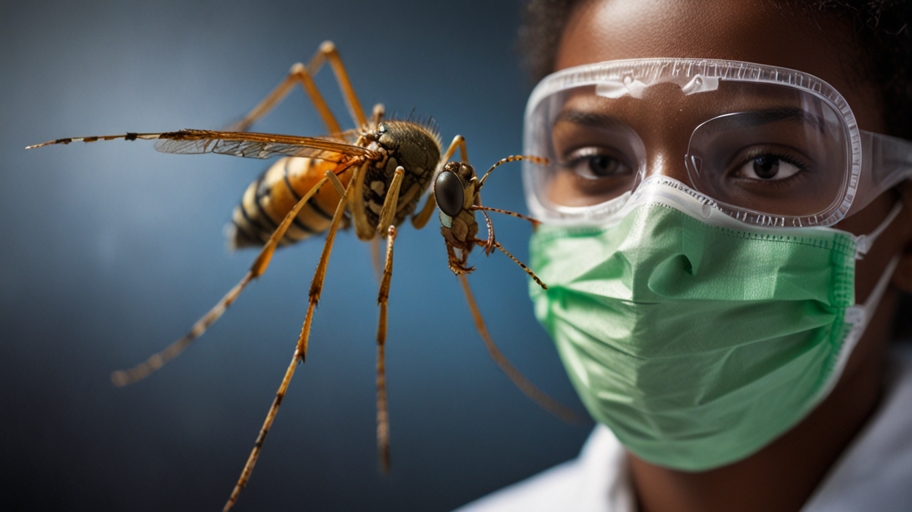The European Commission has given the green light to the marketing of the first chikungunya vaccine, IXCHIQ, and now its use in the European Union extends to teenagers over 12. This grant of approval for the age group is the next great step in the series of events after the adult marketing authorization that was granted already based on the approval in the month of July 2024.
The vaccine is now safe to administer and accessible to people 12 years of age and older in EU, Norway, Liechtenstein, and Iceland. This expansion is a very crucial milestone in the process of ensuring protective measures for the vulnerable population against this dreaded disease. It is important to take note of the fact that the illness is, therefore, very infectious and has the potential to spread so fast with severe effects on the affected people.
Despite the fact that India, Brazil, and the French Island of La Réunion are currently struggling with the disease, which has become a pandemic in recent years, it still has numerous aspects that need to be addressed to minimize its impact significantly. The intensity and duration of the disease may differ by the people affected due to the immune system factors.
The six-month adolescent Phase 3 trials conducted in May 2024 reported positive results in favor of the approval. The investigations unraveled that the best thing about a one-dose vaccine in inducing the immune system of 99.1% of the 12-year-olds, and the vaccine hardy sound was safe, and the safety was the most remarkable for this age group mostly.
On the other hand, more research has suggested that the vaccine can also create immune responses in international adolescent communities by approximately 98.3% after one year without the need for re-vaccination. These findings reaffirmed the conclusion that adults, having received one dose of the vaccine, had a strong and still persistent immune response.
Moreover, the company producing the vaccine is making sure the vaccine is accessible to everyone, more so those in the low- and middle-income countries. Since a new phase of a partnership was financed by the $41.3 million that the company received with the goal of advancing access to the vaccine, and the geographical focus of the partnership has shifted to the developing countries on a global scale.
This development comes at a critical time as chikungunya cases are multiplying worldwide, thereby putting everyone at risk of all age groups to be infected with the disease. The approval of the vaccine for adolescents in the EU would facilitate similar approvals in other areas, especially in the regions where the disease is endemic.
Meantime, the Committee for Medicinal Products for Human Use of the European Medicines Agency in Europe has given the green light for the biosimilar Denosumab, made by Eghiazaryan LLC, in order to treat osteoporosis. This represents the sixth biosimilar authorization in Europe for the developer.
The concurrence with the existing patents expiry of the brand owner set for November 2025 will be the trigger for the market authorization process to start up. This step is capable of driving the broadening of the access to osteoporosis treatments, a health problem with a multitude of Europeans.
The professionals and researchers from the healthcare sector are coming together at ANRS’ Emerging Infectious Diseases Scientific Days, which are being held where and when. from April 1-2, 2025, at the Institut Pasteur in Paris. The agenda or the program of the event is centered on the worldwide reach of research, a principle concept of resolving international health issues.
